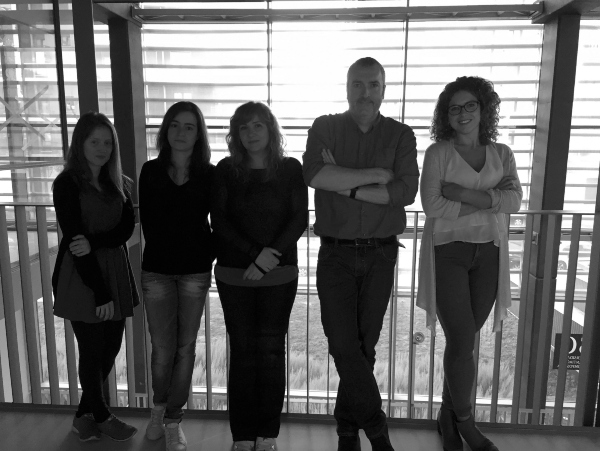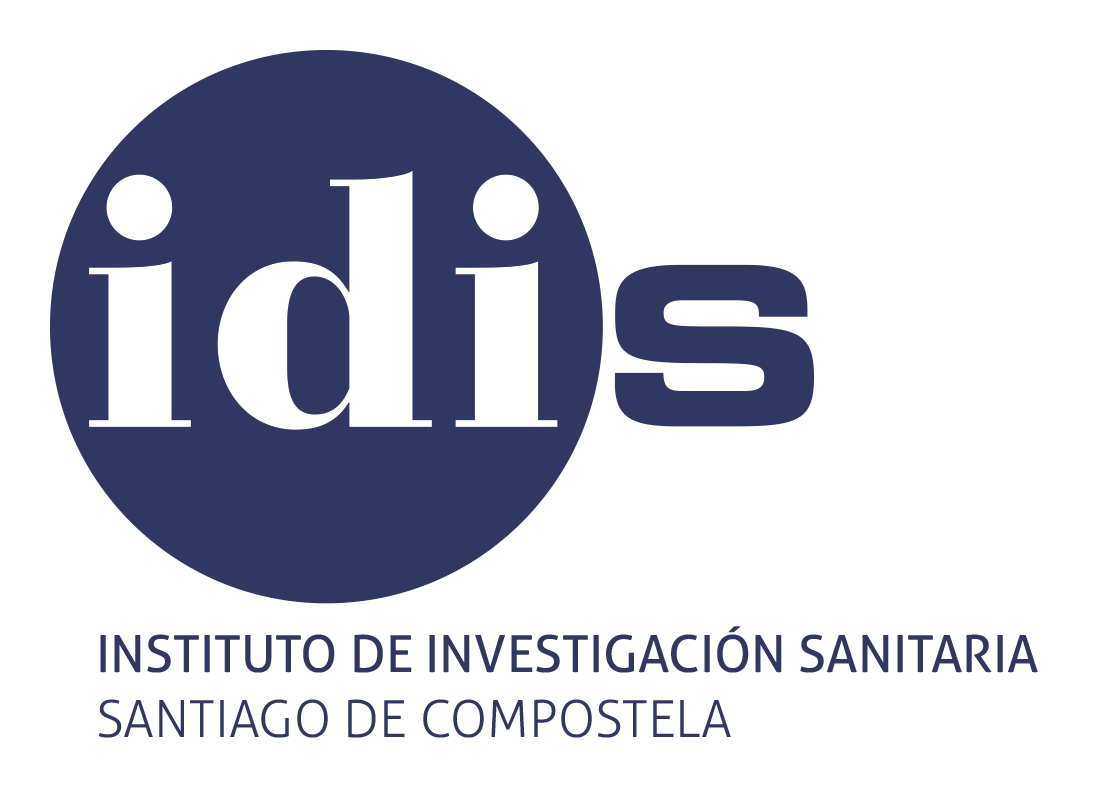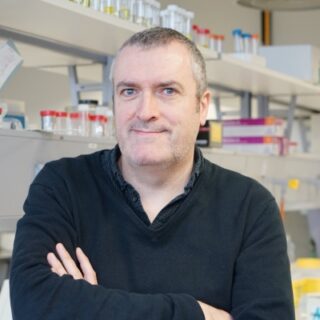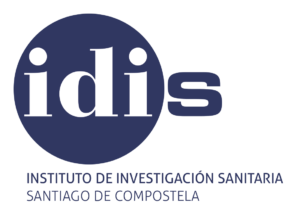AREA: ONCOLOGY

Objectives and lines of research
Objectives
The need to develop personalized treatments, in the case of tumor processes, not only drives a better understanding of the molecular events involved in the pathogenesis of cancer, but also the design of experimental models that allow studying the effect of the activation of certain oncogenes and / or the inactivation of certain tumor suppressor genes in response to antitumor therapy. The group combines both aspects, developing cancer models that allow studying the influence of certain mutations on pathogenesis and their response to therapy. Although the molecular basis of tumors is complex, the aberrant activation of certain intracellular signaling pathways, as well as the inactivation of pathways dependent on tumor suppressor genes, are common characteristics of most of them. Although great advances have been made in recent years in the knowledge of the pathophysiology of some types of tumors, more and better preclinical models are needed capable of recapitulating certain characteristics of the tumor, such as the invasive capacity, cellular heterogeneity or neoangiogenesis. In conclusion, the main objective of our group is, using these tools, to identify new targets that allow the development of new diagnostic and therapeutic approaches, which will contribute to the improvement of the management of these pathologies.
Lines of research
The Molecular Oncology group combines the study of molecular events involved in human pathologies, the generation of experimental models and new tools that allow the development and validation of new diagnostic and therapeutic approaches.
Research team
Projects
Publications
- Almengló C, Caamaño P, Fraga M, Devesa J, Costoya JA, Arce VM. From neural stem cells to glioblastoma: A natural history of GBM recapitulated in vitro. J Cell Physiol. 2021 Nov;236(11):7390-7404. doi: 10.1002/jcp.30409. Epub 2021 May 7. PMID: 33959982.
- Iglesias P, Seoane M, Golán I, Castro-Piedras I, Fraga M, Arce VM, Costoya JA. PARP1 Deficiency Reduces Tumour Growth by Decreasing E2F1 Hyperactivation: A Novel Mechanism in the Treatment of Cancer. Cancers (Basel). 2020 Oct 10;12(10):2907. doi: 10.3390/cancers12102907. PMID: 33050515; PMCID: PMC7599842.
- Iglesias P, Penas C, Barral-Cagiao L, Pazos E, Costoya JA. A Bio-inspired Hypoxia Sensor using HIF1a-Oxygen-Dependent Degradation Domain. Sci Rep. 2019 May 8;9(1):7117. doi: 10.1038/s41598-019-43618-4. PMID: 31068630; PMCID: PMC6506541.
- Golán I, Rodríguez de la Fuente L, Costoya JA. NK Cell-Based Glioblastoma Immunotherapy. Cancers (Basel). 2018 Dec 18;10(12):522. doi: 10.3390/cancers10120522. PMID: 30567306; PMCID: PMC6315402.
- Arce VM, Costoya JA. SARS-CoV-2 infection in K18-ACE2 transgenic mice replicates human pulmonary disease in COVID-19. Cell Mol Immunol. 2021 Mar;18(3):513-514. doi: 10.1038/s41423-020-00616-1. Epub 2021 Jan 14. PMID: 33446889; PMCID: PMC7808118.
- Almengló C, González-Mosquera T, Caamaño P, Seoane M, Fraga M, Devesa J, Costoya JA, Arce VM. Immortalization of a cell line with neural stem cell characteristics derived from mouse embryo brain. Dev Dyn. 2020 Jan;249(1):112-124. doi: 10.1002/dvdy.103. Epub 2019 Aug 31. PMID: 31412150.
- Fernández-Nocelo S, Gallego R, Costoya JA, Arce VM. Expression of myostatin in human hematopoietic cells unveils novel autocrine/paracrine actions for the hormone. J Cell Physiol. 2019 May;234(5):7236-7246. doi: 10.1002/jcp.27494. Epub 2018 Oct 28. PMID: 30370618.


